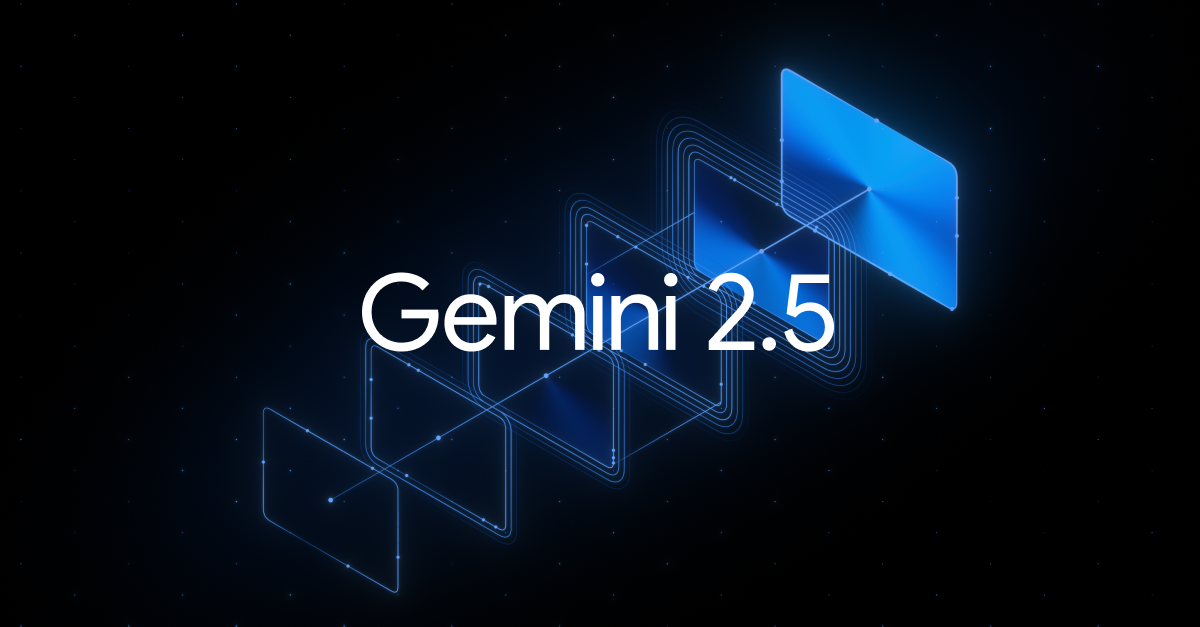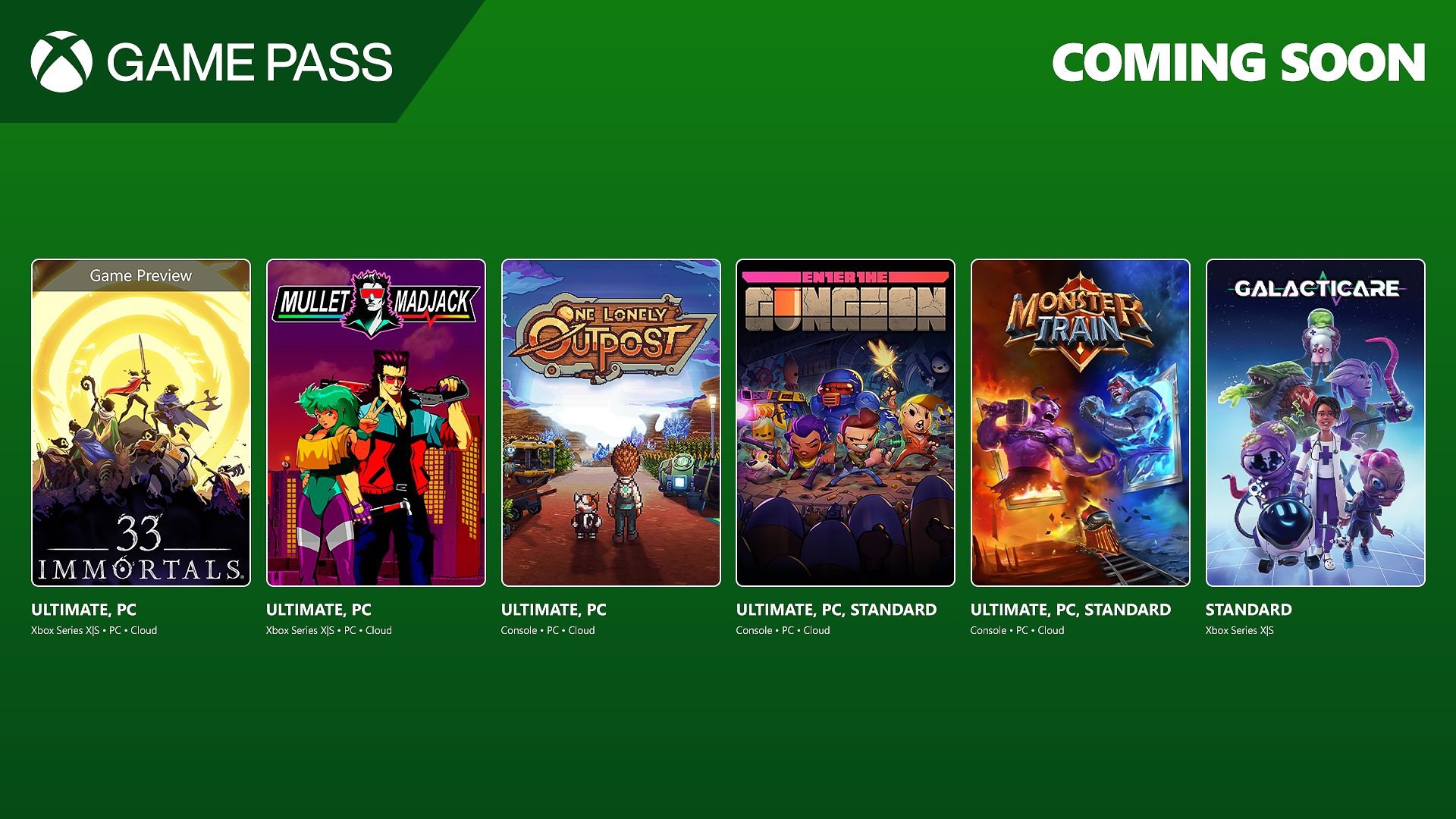Everything You Need to Know About Signal: The Secure Messaging App That’s Making Waves
If Signal wasn’t on your radar before Monday, chances are it’s hard to ignore now. The secure messaging app, popular with journalists for its robust privacy features, made headlines when The Atlantic’s editor in chief, Jeffrey Goldberg, revealed he had been added to a group chat with President Donald Trump’s Cabinet members discussing military strikes in Yemen. This raised serious concerns about national security.
While Signal is designed with privacy in mind, it’s important to note that it wasn’t built for sharing classified government or military information. The app itself offers strong protections, but there are factors beyond its control, such as the security of the devices in use or the identity of the person you’re communicating with. As Matthew Mittelsteadt, a technology policy research fellow at the Cato Institute, put it, “In the specific case of Signal, messages may be secure in transit between phones, but once they reach the recipient, security can fail.”
Why Signal is Different
What sets Signal apart from other messaging apps is its commitment to privacy. The app is operated by the non-profit Signal Technology Foundation, unlike for-profit companies like Meta or Apple. The way you use Signal is very similar to other messaging apps: you can send individual messages, create group chats, make calls, and share disappearing “stories.” However, Signal stands out because it doesn’t rely on ads, trackers, or selling user data.
The key feature of Signal is its end-to-end encryption, which ensures that only the sender and recipient can read the messages. This means even Signal can’t access the content of your conversations. As Eva Galperin, director of cybersecurity at the Electronic Frontier Foundation, explained, “If you show up with a warrant or a subpoena, they have almost nothing about you that they can hand over.”
Another feature is that message history is stored only on your device, not on Signal’s servers. This limits the amount of data that can be accessed if someone attempts to hack into the app. Signal also uses a “safety number,” which is a unique code that helps verify messages are going to the intended recipient.
How to Get Started with Signal
Signal is available for download on both the App Store (iPhone) and Google Play Store (Android). To set up an account, you need a phone number capable of receiving a text message or call, as it’s used to verify your identity. Once you’ve created an account, you can choose to hide your phone number from other users.
Starting a conversation is easy: tap the message icon, and from there, you can either search for contacts in your phone’s contact list who are also using Signal or enter someone’s username or phone number manually.
When switching to a new phone, you’ll need your old device to transfer your message history, since Signal stores all messages locally on your device. Once you’re set up, you can manage your conversations, set messages to disappear after a certain period of time, and even hide the contents of the app when switching between apps for extra privacy.
Additional Privacy Features
If you’re really serious about privacy, Signal offers more granular settings, such as the ability to mute notifications or create nicknames for your contacts. You can even hide the content of the app when switching between apps to prevent prying eyes from seeing your messages.
However, it’s important to remember that once you send a message, the recipient can still see it unless you take action, like deleting or editing it before they view it. As Galperin put it, “Your communications are encrypted so no one in the middle can see them. But the person you’re talking to can still see them.”
All in all
Signal is one of the most secure messaging apps available, combining privacy features like end-to-end encryption, message disappearing options, and non-profit operation. While it’s a fantastic tool for anyone looking to secure their conversations, it’s not immune to human error or device security flaws. So, while it’s perfect for private chats, just be aware that sensitive or classified government information should stay elsewhere.
Are you ready to take control of your privacy with Signal? It’s just a download away.
The Northern Lights Are About to Take Over the Sky—Will You See Them? | Maya




